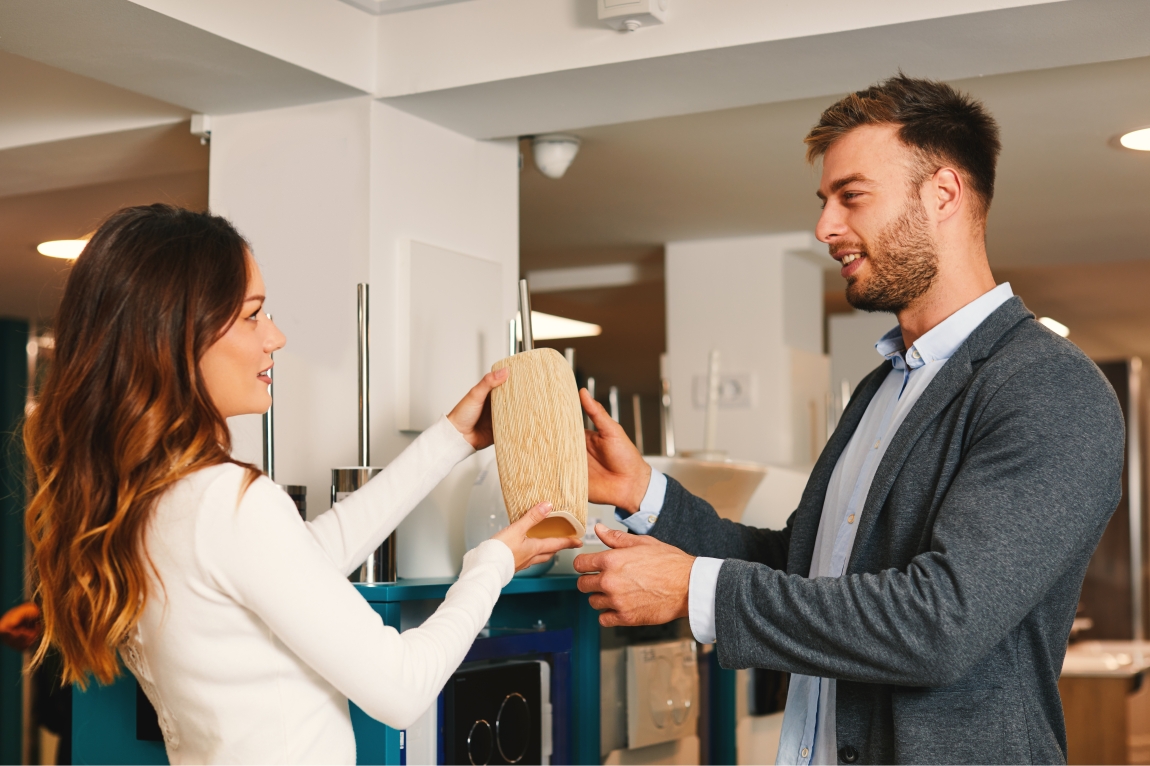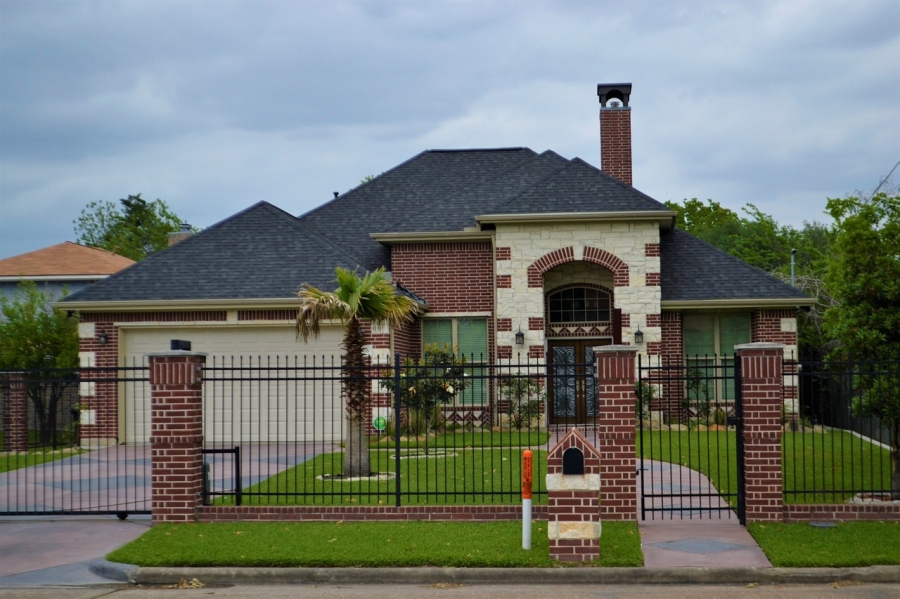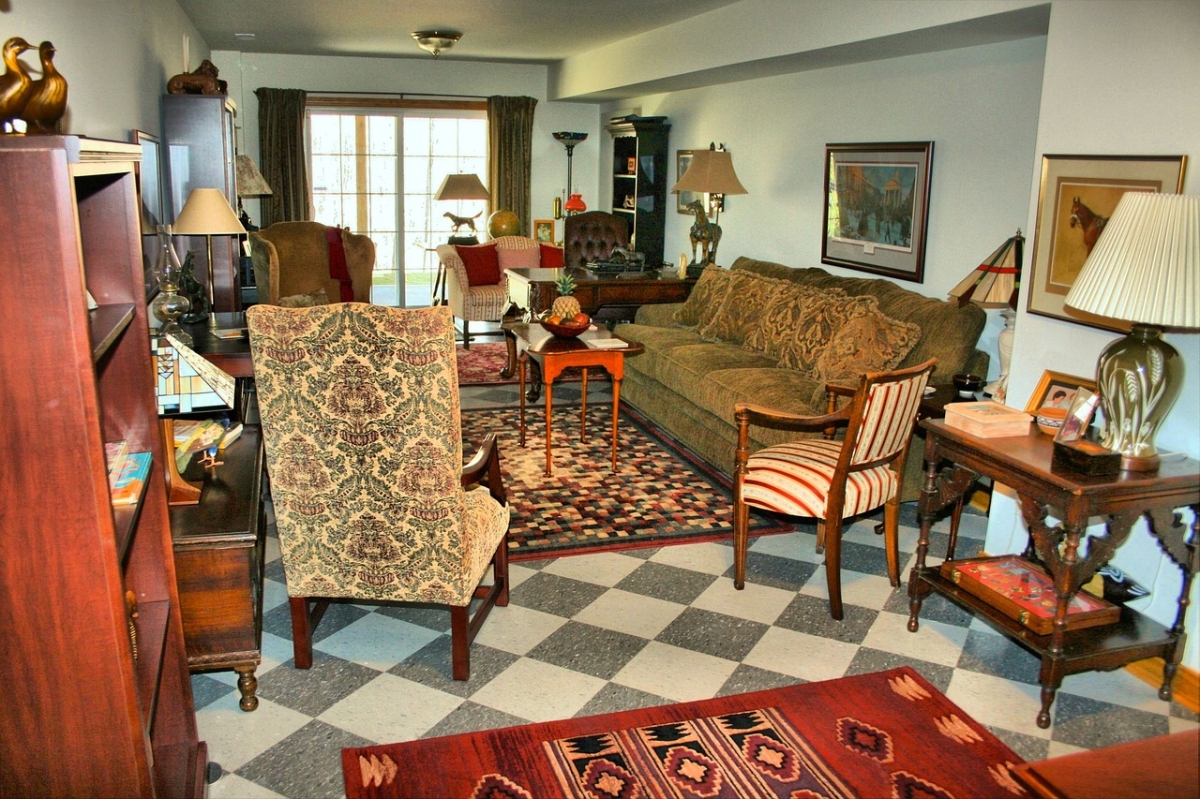Are you ready to embark on the exciting journey of finding your perfect home in the Philippines? Whether you’re a first-time buyer or looking to upgrade, it’s crucial to navigate the decision between buying a brand new home or opting for a resale property.
In this comprehensive guide, we’ll explore the pros and cons of each option, providing you with valuable insights and step-by-step guidance to help you make an informed choice. So, let’s dive into the world of real estate and discover the path to your dream home.

Pros of Buying a Brand New Home
When it comes to purchasing a brand new home, there are several enticing advantages that can make it a compelling option. Let’s explore the reasons why buying a brand new home might be the perfect choice for you.
-
Customization options:
- Like an artist’s blank canvas, a brand new home offers the opportunity to personalize every detail to suit your taste and lifestyle.
- Imagine sculpting your dream abode with a palette of choices: from flooring and paint colors to kitchen cabinets and fixtures, the possibilities are endless.
- Just like a tailor-made suit, you can create a home that reflects your unique personality and preferences.
-
Modern features and amenities:
- Step into the future with a brand new home that comes equipped with the latest technological advancements and contemporary conveniences.
- Experience the luxury of smart home systems, energy-efficient appliances, and state-of-the-art security features.
- From open floor plans that promote seamless living to dedicated spaces for remote work or entertainment, modern homes are designed with your comfort and convenience in mind.
-
Warranty and reduced maintenance costs:
- Bid farewell to the worries of unexpected repairs and maintenance issues that often accompany older homes.
- Most brand new homes come with warranties that provide peace of mind, protecting you from major expenses during the initial years of homeownership.
- Say goodbye to the creaky floorboards and leaky pipes; enjoy the bliss of low maintenance living and focus on creating lasting memories.
-
Energy efficiency and eco-friendly construction:
- Embrace sustainability and reduce your carbon footprint with a brand new home that integrates eco-friendly features.
- From energy-efficient appliances and lighting to proper insulation and renewable energy options, these homes are designed to be environmentally responsible.
- By choosing a new home, you not only save on utility bills but also contribute to a greener future for generations to come.
Cons of Buying a Brand New Home

While there are undeniable advantages to buying a brand new home, it’s essential to weigh the potential downsides. Let’s explore some of the cons associated with purchasing a newly constructed property.
Higher initial costs
- Brand new homes often come with a heftier price tag compared to resale properties, reflecting the investment in modern features and customization options.
- The allure of a pristine, untouched home may require a larger budget or a more substantial down payment, limiting affordability for some buyers.
Construction uncertainties
- The construction process can be subject to unexpected delays due to various factors, such as weather conditions, labor shortages, or permit issues.
- While eagerly anticipating the completion of your new home, it’s important to be prepared for possible construction delays, which can disrupt your moving plans.
Limited room for negotiation
- Unlike resale homes where price negotiation is common, builders of new homes often have less flexibility in adjusting the sale price.
- The price of a brand new home is typically determined by factors such as construction costs, market demand, and the builder’s profit margin, leaving little room for haggling.
Lack of established community and amenities
- When purchasing a brand new home, you may be moving into a developing neighborhood that is still in the process of building amenities and establishing a sense of community.
- Unlike mature neighborhoods with established parks, schools, and local services, it may take time for new developments to offer the same level of convenience and community infrastructure.
Pros of Buying a Resale Home

Buying a resale home can offer a unique set of advantages that make it an appealing option for many homebuyers. Let’s explore the benefits associated with purchasing a pre-owned property and discover why it might be the perfect choice for you.
-
Lower initial costs:
- Resale homes often come with a more affordable price tag compared to brand new properties.
- Like stumbling upon a hidden treasure, purchasing a resale home can provide the opportunity to secure a desirable location or a larger living space at a lower price point.
-
Established neighborhoods and amenities:
- Imagine stepping into a vibrant community where neighbors have forged lasting bonds and local amenities are already in place.
- Resale homes are often located in well-established neighborhoods with mature trees, well-maintained parks, and convenient access to schools, shopping centers, and healthcare facilities.
-
Potential for negotiation:
- Unlike brand new homes with fixed prices, resale properties generally offer more room for negotiation.
- Just like a skilled negotiator, you can leverage market conditions, property condition, or other factors to potentially secure a more favorable purchase price or additional concessions.
-
Immediate availability:
- When purchasing a resale home, you can move in without the wait associated with new construction.
- The thrill of unlocking the front door and immediately settling into your new home is a reality with resale properties, offering a convenient and expedited transition.
Cons of Buying a Resale Home

While purchasing a resale home offers its own set of advantages, it’s important to consider the potential drawbacks that come with buying a pre-owned property. Let’s explore the cons associated with opting for a resale home, allowing you to make an informed decision.
-
Higher maintenance and repair costs:
- Resale homes may require more frequent maintenance and repairs compared to brand new properties.
- Just like an aging masterpiece, pre-owned homes can have hidden issues or outdated components that may necessitate additional expenses to restore or upgrade.
-
Limited customization options:
- Unlike brand new homes, where you can customize the property to suit your preferences, resale homes often come with existing designs and features.
- While some modifications are possible, there may be limitations in terms of the extent of customization, requiring you to compromise on certain aspects of your ideal home.
-
Outdated features and technologies:
- Resale homes may still retain older fixtures, appliances, and technologies that are not as energy-efficient or in line with modern standards.
- Like a relic from the past, you may need to invest in upgrades or replacements to align with current trends and enhance the functionality and efficiency of the home.
-
Potential for hidden issues:
- As with any pre-owned property, there is a risk of encountering hidden issues that were not disclosed or evident during the initial inspection.
- It’s important to conduct thorough due diligence and inspections to uncover any potential structural, electrical, or plumbing issues that may require costly repairs.
Factors to Consider in the Philippines

When making a decision about purchasing a home in the Philippines, it’s crucial to take into account specific factors that are unique to the local real estate market. Let’s explore key considerations that can guide your decision-making process.
-
Local real estate market conditions:
- Like a dynamic landscape, the Philippine real estate market can experience fluctuations in property prices, demand, and supply.
- Stay informed about current market trends, property appreciation rates, and the stability of the local housing market to make informed decisions about timing and investment potential.
-
Government regulations and policies:
- Government regulations play a significant role in the real estate sector, influencing property ownership, taxation, and land use.
- Familiarize yourself with laws related to property acquisition, foreign ownership restrictions, and tax implications to ensure compliance and avoid any surprises down the road.
-
Availability of new developments and resale properties:
- The availability of brand new developments and resale properties can vary across different regions in the Philippines.
- Assess the market to determine whether the supply aligns with your preferences and budget, considering factors such as location, property type, and amenities.
-
Infrastructure and accessibility considerations:
- Infrastructure development, such as transportation networks, road improvements, and public services, can impact the desirability and potential growth of a particular area.
- Evaluate the accessibility of the location in terms of proximity to schools, healthcare facilities, commercial centers, and transportation hubs to ensure convenience and a desirable quality of life.
Quick Notes
The decision between buying a brand new home or a resale property in the Philippines requires careful consideration of the pros and cons specific to each option. By weighing the factors discussed, you can make an informed choice that aligns with your preferences, budget, and long-term goals.
Whether you opt for a brand new home with its customization possibilities and modern features, or a resale home with its established community and potential for negotiation, both options offer unique advantages and considerations.
Remember to evaluate the local real estate market conditions, stay updated on government regulations, assess the availability of properties, and consider the infrastructure and accessibility of the location. These factors play a vital role in finding the perfect home that meets your needs and aspirations.
Ultimately, consult professionals such as real estate agents and financial advisors to guide you through the decision-making process and ensure a smooth home buying journey. With their expertise and your thorough evaluation, you can make a choice that brings you closer to your dream home in the Philippines.
As you embark on this exciting adventure, may you find joy in the process of house hunting and may your new home become a haven where cherished memories are created and treasured for years to come.






